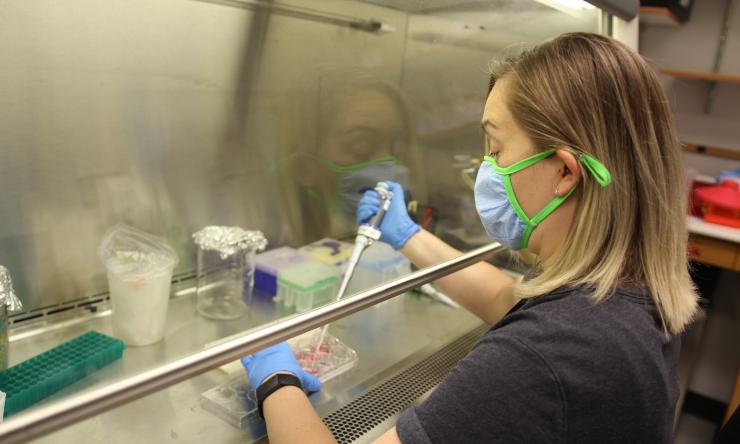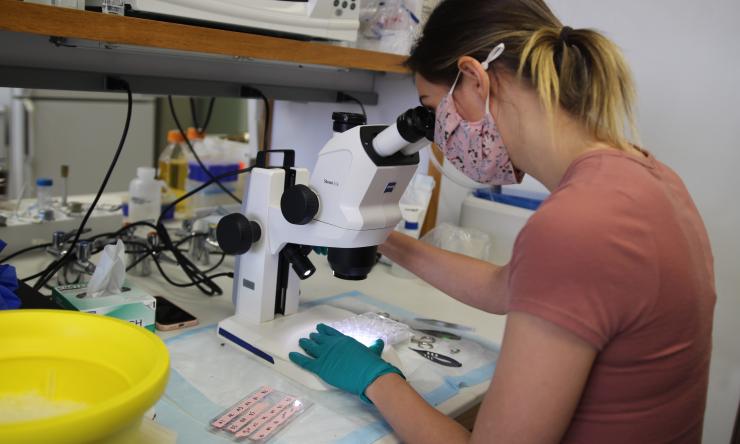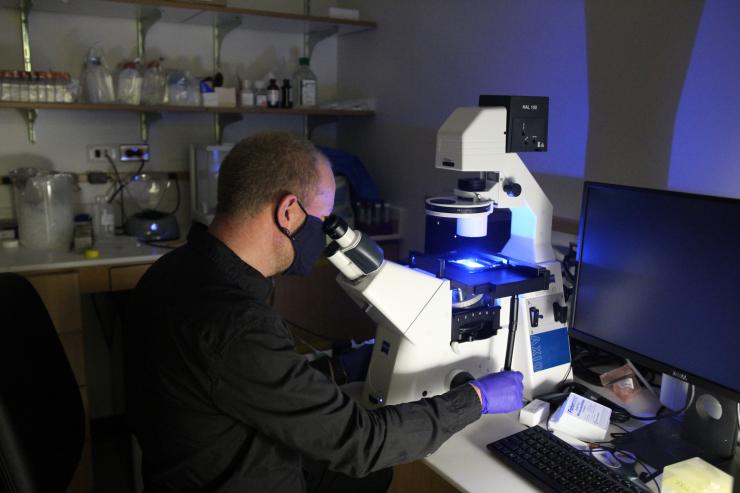


About the Lab

Cellular stress signaling is critical for determining the fates of neurons in injury and disease. In some cases, such as peripheral nerve injury, stress signaling initiates a response that can result in remarkable fiber regeneration and functional recovery. This neuronal stress response, however, can often have a different outcome in the central nervous system (CNS). There stress signaling can be a major contributor to neurodegeneration in conditions ranging from Alzheimer’s disease to glaucoma. This dichotomy reflects the multifaceted damage response that stimulates adaptation but also facilitates the elimination of distressed neurons that cannot be repaired.
The Watkins Lab aims to harness the intrinsic neuronal response to axon injury for neuroprotection and to enable the restoration of nervous system connections. Capitalizing on potent intrinsic transcriptional programs for axon regeneration can provide opportunities for improving peripheral nerve repair and overcoming the permanent loss of function following CNS traumas like spinal cord injuries. The divergent outcomes of the axon injury response in the PNS and CNS provide a platform for understanding fundamental mechanisms by which neurons may either adapt or die in the face of insults. Controlling this response may therefore enable therapies that encourage neuronal survival and repair across a broad range of neurological conditions, addressing persistent challenges in neurology and neurosurgery.
Meet Our Team
View a listing of the members of the Watkins Lab along with links to their bios.
Projects
View details about the current research projects from the Watkins Lab.








